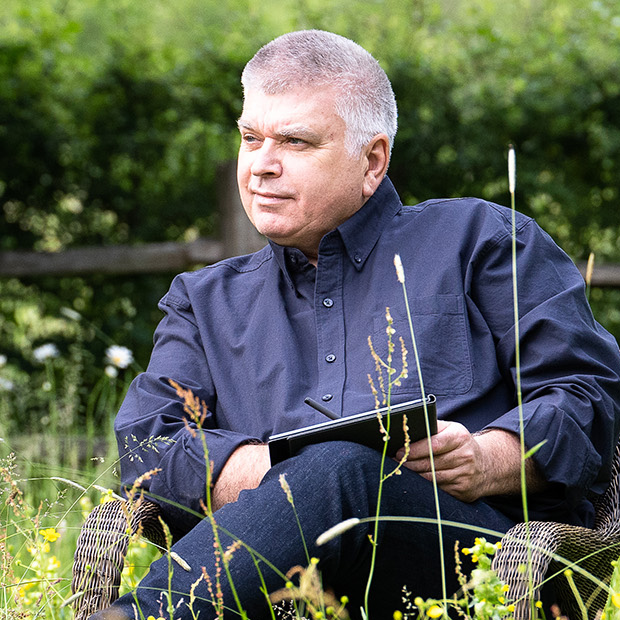About Jim Pirrie

My name is Jim Pirrie. I've been coaching and training since 2001, following a 20-year career in blue-chip aerospace, technology and service businesses leading teams in design, development, marketing and project/programme management.
I now work with Professionals on the path from Practitioner to Partner, or from Engineer to Manager, or from Manager to Director. Even from Employee to Self-Employed.
The important thing here is the transition away from technical specialist and into a role where communication, delegation, rapport, networking, speaking, building relationships, vision and strategic thinking are the platform that will secure your future, and the future of your organisation.
I've worked with professionals across the board and at the very highest levels: Lawyers, Accountants, Engineers, Consultants, Regulators, Economists, the list goes on.
My role is to help you to prepare for, and grow into, that new role as fast as possible. If coaching is the right way to do that, I'll coach you. If mentoring is the right way to do that, I'll share my experience and insight. If training is the right way to do that I'll teach you everything I've learned and help you integrate it into your professional and personal life.
I know from personal experience how tough these transitions can be. I also know that coaching and mentoring can make the journey faster, easier and more successful, and will build a solid foundation for a senior career.
I am committed to the highest standard of coaching, mentoring and training to help business professionals fulfil their personal and professional potential in a way that is healthy and authentic, as well as delivering a strong return for their company on their coaching investment.
I've been a member of the International Coach Federation since 2003.
Clients
My client list includes most of the City Big Five accounting firms, most of the City Magic Circle law firms, a global civil engineering consultancy, two global pharmaceutical market research consultancies, a UK industry regulator and a global satellite communications company. I can share client names more readily when we speak.
I've also worked extensively with niche consultancies and local businesses.
Professional highlights
- BSc(engineering), Southampton (1983)
- Masters Degree in Business Administration (MBA), Cranfield School of Management (1990)
- NLP Coach certification (2003)
- NLP Trainer Certification (2003) (NLP University, Santa Cruz with Robert Dilts and Judith DeLozier)
- Group Dynamics Certification (2004) (Michael Grinder)
- Accelerated Learning training (2005)
- Foundation Course in Drama and Performance, Arts Ed Drama School, London (2004)
- Voice Coaching training (2011)
- Theatrical Improvisation with Keith Johnstone, Calgary, Canada (2011)
Continuing Professional Development
I am strongly committed to my own continuing personal and professional development.
To that end I work regularly with my own coach, and participate regularly in ongoing Pesso-Boyden groups run by Juliet Grayson.
Always happy to chat
I'm always happy to chat about Coaching and Mentoring, about Speaking in Public, about NLP, about Group Dynamics, about Pesso-Boyden or anything else.
Please give me a call on 020 3397 4407 or email me at jim@jimpirrie.com.
"Great insightful information! Should have more workshops like this one. Useful, clever, energetic, challenging!"
"Engaging, stimulating, relevant, worthwhile. I had an illuminating day - and learned how to approach something I felt intimidating previously."

